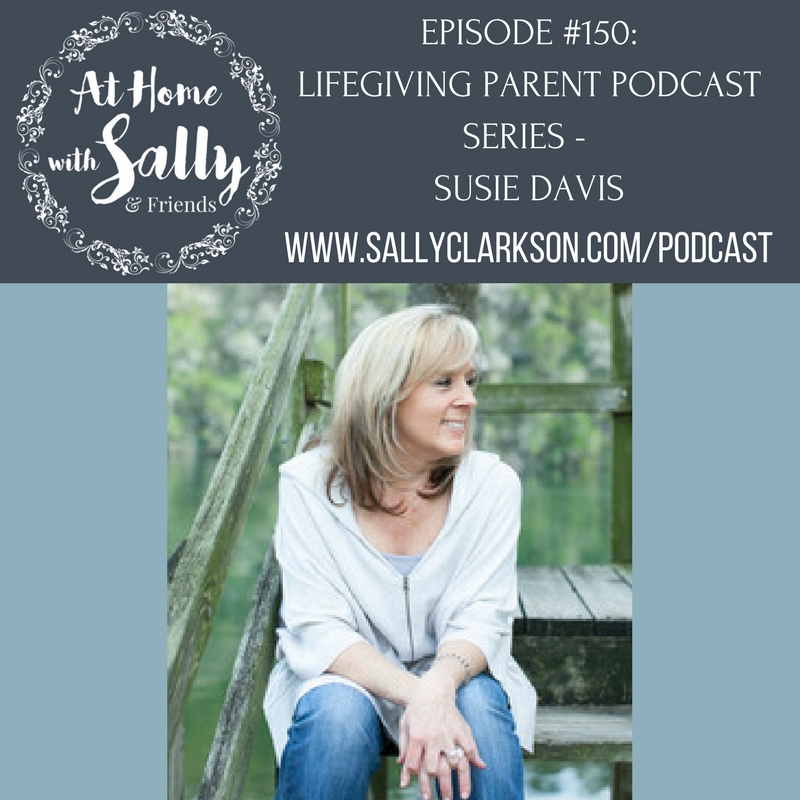The path of the righteous is like the light of dawn which shines brighter and brighter until the full day. Proverbs 4:18
Obedience--first time or eventual?
Now, the secret is out--I do believe in obedience for me, for children, for all who want to love and serve God--because He cares about obedience. But, I see now that the goal for my obedience is not behavioralism--performance--doing a task that I want done this instant because of fear of punishment. I do not measure my success as a parent by whether or not my children instantly obey, though often they did and that was the pattern we aimed for little by little.
I think that the goal is to teach our children to obey quickly, but search as I may, I cannot find that as a standard in scripture. And so I may find relief in the grace I have found in scripture.
Jesus said, "If you love me, you will obey me."
His desire was that we want to obey him because we have come to love him so deeply. Mature love takes time. I studied Christ to learn how to disciple my children--
He served, I serve
He told them of his love over and over, I told them of my love over and over
He instructed, I instructed
He comforted, lived with, ate with, cried with them and so did I
Greater love has no one than this that man lay down his life for his friend, He said to his disciples as he prepared to die on the cross. So He became my model of sacrificial love, always His eyes to redeem us, so I turned my heart to serve Him by always seeking to train and win my children's hearts as His Holy Spirit drew them.
My children and I love one another so much, some times people can't understand it. We are each other's best friends, we choose to spend time together, we talk often, we are the best and finest of companions. Once one of my kids said, "Mama, one of the many reasons I want to choose faith and choose to walk with God is that I would hate to ever break your heart. You mean so much to me I want you to see my love through the faith I have grown into because you loved us to Jesus."
There will be prodigal moments, doubts, imperfections. But love is what won Jesus's disciples and loe is what will win our children's obedience, not legalism.
The Pharisees were so concerned about fulfilling every jot and tittle of the law. And so the familiar language when they came to Jesus was, "What is the greatest commandment? What is the most important rule to follow, to obey?"
Jesus' answer was all about love-loving God, loving people. Love it he energy that provides us with the ability to obey when it is from our heart.
Our children's proper obedience comes from learning to love us, learning to trust us, learnig to do what we ask then to do over time.
I have loved the book by Eugene Peterson, "A Long Obedience in the Same Direction." ( Not a book about parenting, but a book on discipleship for adults) Even the title itself is about the process of discipleship--creating lives dedicated to the service and love of God by a life time of learning to make mature choices. Wisdom is little by little.
Instead, I want my children to learn to love God, to desire to serve Him out of their hearts of respect, awe, reverence, love. I look for growth, not perfection. Maturity, not instant holiness.
Now, it is in the process of having them learn to do my will, that they learn obedience. I must go against their wills to teach them to obey. But it is little by little, season by season. Personality and gender and exhaustion and wellness and life all go into the process.
Sometimes it is first time and sometimes it isn't. But the tension created from a false standard would make me wear a mantle of guilt for somehow failing that God never intended. But, I am trying to train their hearts to learn and to value and honor Christ out of their love which moves the to obedience.
For me, this was best done over years and years of training, correcting, modeling, loving and doing it all again the next day.
God's Ways
The older I get, the more I reflect on Christianity from a long term perspective. It seems that God is a long-term process Father. He doesn't do things all at once. He is rarely on my timetable. I almost always have to wait much longer than I want to to see my prayers answered. He does not make my life easy or take away the difficult things, but teaches me in the midst. I am very grateful, though, that he is not pernicious or unnecessarily harsh. He is patient, compassionate, understanding, loving through the whole process.
His focus for me as a child is that I move from immaturity towards maturity. From self-absorption to self-sacrifice. His discipline for me is daily, weekly, monthly, yearly, training my appetites of life to His ways. Teaching me to love righteousness and to be sensitive to His heart. Learning in my real paths of life how to life my life his way, with His wisdom. It has taken me a whole lifetime to learn the ways of righteousness. And so it is with our children.
God's Fathering of me
When I was a young, single missionary in Eastern Europe, I thought I was so spiritual--and I probably was for my age. I had given my life to Christ and wanted to be "His girl", following Him to the ends of the earth and bringing His love and grace to bear. But, because I was young and I had not failed enough or come to my own limits, I did not even know how much I needed to depend on God. I did not know how very capable I was of sin. I did not clearly see my own immaturity. I was not humble. All of these areas were not because I did not want to please God, but because I was young, inexperienced and didn't know better.
But then when I got married and had children, I began to realize just how selfish I was and how little I had learned to work. For a while, I thought my problem was my children and marriage, and then I realized that my children were God's gift to me, but also His way of bringing training of righteousness into my own life, by teaching me what it really meant to serve Him, to give up my rights, to be humble.
The real giving of my life to Him was every day, every minute to the constant demands of my family and Clay. Parenting was for me His pathway of teaching me to obey, to love, to serve. Family life was His training grounds to build holiness into my life.
I am so very grateful that He did not show me all of my sinful, selfish ways at once. He gently took my hand and through the process of caring for my family, little by little I became aware of my need to mature, to love more, to give grace, to be loyal, to work harder, to serve, as He had done with His disciples.
He disciplines us that we may share in his holiness. Holiness is a long term process of development in our hearts, training our wills to want to obey out of a developed love and awe of God.
Path of Life Parenting
There are so many verses that speak of this. Clay calls it, "The Path of Life" parenting model.
The path of the righteous is like the light of dawn--it shines brighter and brighter, a little at a time.
Proverbs also tells us, "Train up a child in the way he should go, and when he is old he will not depart from it. It is a process--a little here, a little there, a little again. Giving our children the appetite for obedience, wisdom, love, and holiness.
I am so grateful in my own life, that God did not overwhelm me with all of my sin and selfishness at once. I would have quit if He had treated me harshly. I wanted to please God and I wanted to be righteous, but didn't even know that I was so very immature. My heart was right in my own eyes and was seeking to please Him, but my character and behavior lacked so much. it has taken me a life-time to understand just what it really means to be sacrificially loving, loyal in my faith, righteous and generous in my behavior. If God has treated me in such a way, shouldn't that be the way I treat my children.
Wish I could write more but not allowed. Having my amazing assistants try to piece together my messages and my heart I am sharing with them. I hope you can enjoy the podast.





















